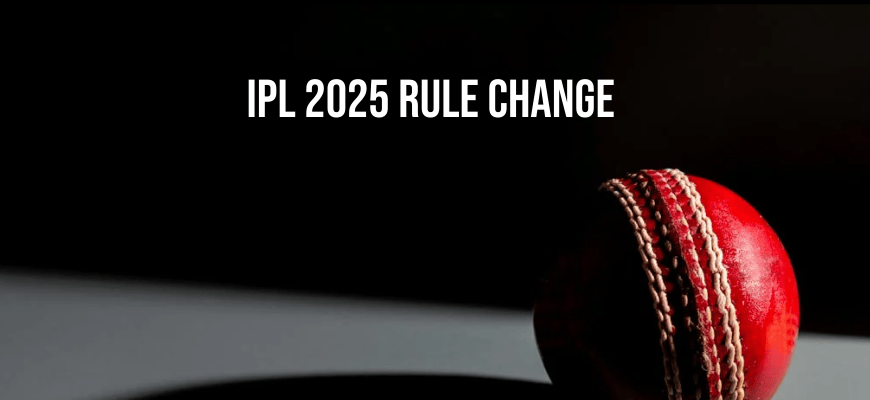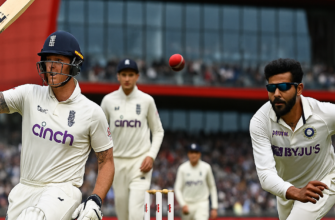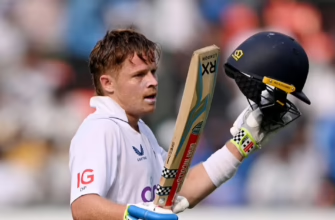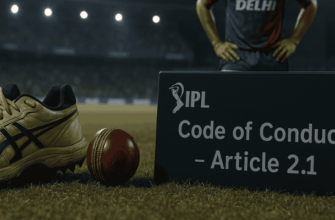IPL 2025 Adopts New Ball Change Rule to Tackle Dew
The Indian Premier League (IPL) 2025 has introduced an important modification to address the impact of dew on match outcomes. In evening matches, teams bowling second can request a ball change after the tenth over. This rule seeks to mitigate the longstanding issues caused by wet conditions.
Ensuring Balanced Gameplay
This change allows fielding teams to ask for a ball switch anytime between the 11th and 20th overs in the second innings. Announced after discussions with team captains, the rule enhances the balance between batting and bowling. Umpires still hold the authority for any further changes during a game. Previously, it was up to the umpires to decide on ball replacements due to dew—a method often criticized for its rigidity in certain situations.
Andy Flower, head coach of Royal Challengers Bengaluru, commended the update as a crucial step to uphold fairness despite the challenges posed by evening conditions. He stressed the significance of leveling the playing field, particularly in tournaments as demanding as the IPL, where conditions can disproportionately benefit one side.
Implementation Guidelines and Feedback
Fielding teams can request a single ball change per innings after the tenth over. This action must occur at the end of an over, not mid-over. If teams choose not to utilize this option despite the dew, no change will take place.
- Umpires will ensure the new ball matches the wear and tear of the replaced one.
- Some teams might risk a drawback if the new ball proves harder, making scoring easier.
- The rule does not extend to afternoon matches, where dew is less of a concern.
Varun Chakravarthy, Kolkata Knight Riders’ spinner, appreciates this rule as it diminishes dew’s strategic influence, which often benefits teams batting second. His views are shared by several team officials.
Positive League-Wide Reception
The ball change rule has been warmly received across the league, seen as a necessary evolution to preserve the game’s integrity. Captains and coaches are confident this measure will reduce the influence of certain weather conditions, ensuring that cricketing skill is the primary determinant of match outcomes.
As the IPL continues to adapt to playing conditions, such regulatory updates underscore its dedication to hosting a competitive, engaging, and equitable sporting spectacle.









